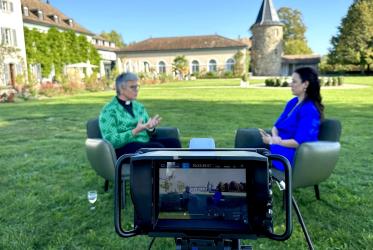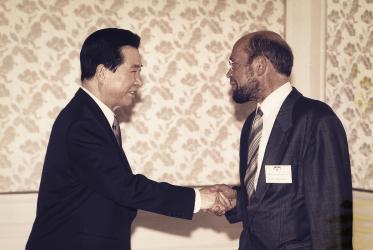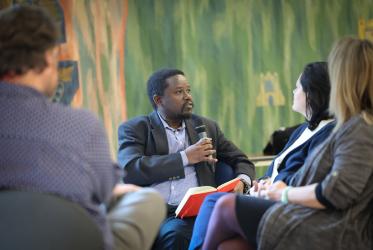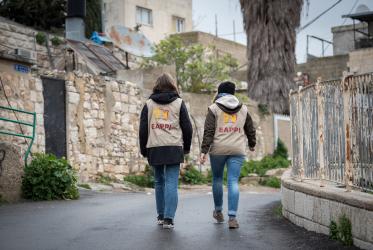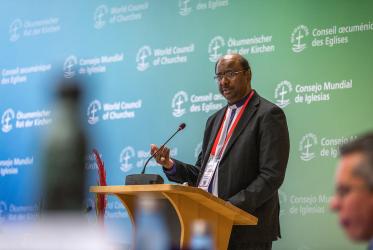Displaying 1 - 20 of 123
Voice of churches vital during UN women’s rights talks
28 March 2024
At peace conference, WCC focuses on overcoming racism
26 October 2023
“The occupation can’t last forever”
25 October 2023
“They want to live without fear and constant harassment”
25 October 2023




